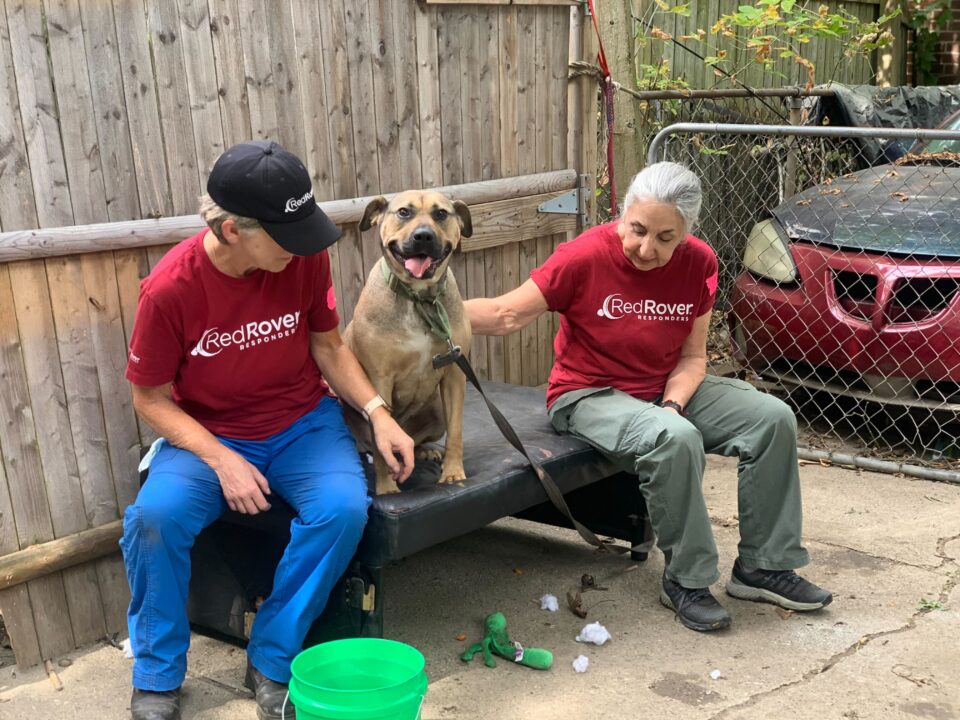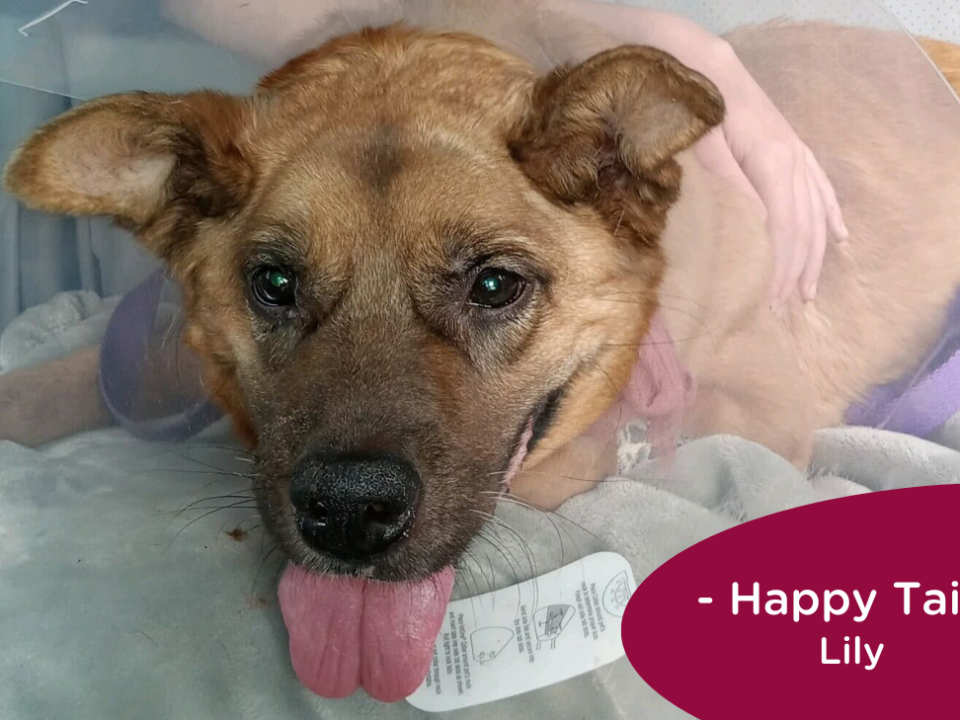Heartworm Help
June 21st, 2021
What they are, why your dog (yes, your dog!) is at risk, and how to treat them
Every spring, RedRover experiences a spike in RedRover Relief Urgent Care applications for heartworm treatment. But the disease is 100 percent preventable … read below for some tips on how to keep your dogs heartworm free!
Heartworms are nasty little parasites that start their life cycle in mosquitoes. They are found in all 50 states and Canada. Think inside-only dogs are not at risk? Wrong! Infected mosquitoes can find their way into your house or bite even in the short time Fido goes to the bathroom outside.
How can a little mosquito cause so much trouble? In order for a dog to be infected with heartworms, he or she must be bitten by a mosquito that previously bit a heartworm-infected animal. When the infected mosquito bites a dog, heartworm larvae make their way into the dog’s bloodstream where they develop into infective larvae over the next six months. They travel through the blood vessels to the lungs, and grow into adults in the heart. The adult heartworms then produce offspring called microfilariae.
Heartworms can live for five to seven years in dogs, and in that time they can harm the blood vessels of the lungs and heart, which leads to other health issues and can even be fatal.
Treating heartworms
For mild cases – If the infection is mild and cost of treatment is an issue, some clinics will treat heartworm infected dogs with preventative, such as Heartgard. This course of treatment is somewhat controversial because preventative does not kill adult heartworms, but may shorten their lifespan and will prevent them from producing microfilariae. This means your dog will still exhibit signs of heartworm disease such as coughing and lethargy, but the preventative slowly kills microfilariae and larvae so your dog won’t be reinfected. It is important to keep the dog restricted for several months, as his health is still compromised by the heartworms. It isn’t ideal treatment but is better than no treatment at all.
For severe cases — If the infection is more severe, immiticide treatment is the only option. This typically involves two to three injections over a few months that kill adult heartworms and microfilariae. Immiticide treatment is risky because many heartworms die at once and circulate through your dog’s system, potentially leading to blood clots in the vessels or lungs. Restricting activity for several weeks while the heartworms slowly die is important to keep heart rate low and minimize risk.
Of course, the best treatment is prevention! Many heartworm preventatives are on the market, and some also help prevent other infections like roundworm and whipworm. Talk to your veterinarian for more information.
Heartworm treatment options
| Treatment with heartworm preventive | Traditional immiticide treatment |
| The dog is given heartworm preventative medication, such as Heartgard; activity is restricted for several months. | The dog is given up to three injections, usually requiring an overnight stay; limited physical activity to keep heart rate low. |
|
|
Signs and Symptoms of Heartworms
| Class 1 (mild) | Class II (moderate) | Class III (severe) | Class IV (Caval Syndrome) |
|
|
|
|



